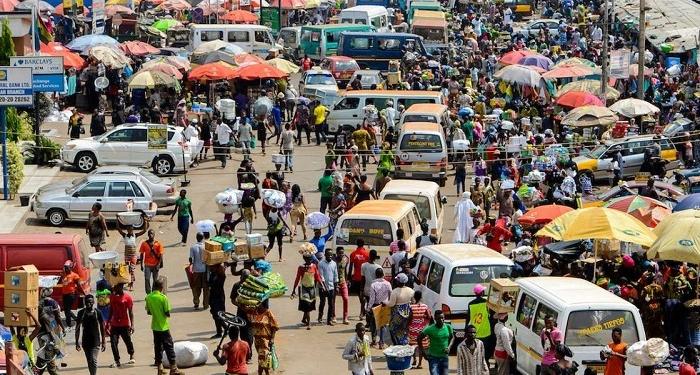Sub-Saharan Africa’s Economic Recovery Stalls Amid Renewed Global Trade Tensions – Regional Economic Outlook Report
Sub-Saharan Africa’s economic recovery is once again under threat, following an abrupt shift in the global economic landscape, according to the International Monetary Fund’s (IMF) April 2025 Regional Economic Outlook.
After outperforming expectations in 2024 with real GDP growth of 4%, up from 3.6% in 2023, the region’s growth trajectory is set to ease to 3.8% in 2025, a downward revision of 0.4 percentage points. Growth is expected to improve modestly to 4.2% in 2026.
The IMF attributes the revision to renewed global headwinds, particularly declining external demand, subdued commodity prices, and tighter financial conditions. The situation has been exacerbated by recent trade policy changes, notably the introduction of significant tariff measures by the United States and retaliatory actions by its major trading partners.
“These developments have overshadowed the region’s recent progress in stabilizing macroeconomic imbalances,” the Bretton Woods institution noted in its report.
Sub-Saharan African economies had recorded improvements in inflation and debt stabilization, with median headline inflation dropping to 4.5% in early 2025 and the median debt-to-GDP ratio remaining below 60%. However, the region continues to face “a funding squeeze and higher borrowing costs,” especially among countries struggling to finance essential services and development priorities.
Adding to the concern is a likely decline in official development assistance (ODA) to the region, a situation that risks deepening vulnerabilities among the region’s poorest and most fragile states.
“The global outlook remains highly uncertain, and any further tightening of financial conditions or escalation in trade tensions could severely impact investor confidence, raise borrowing costs, and dampen economic activity in the region,” the IMF warned.
Despite easing inflationary pressures at the regional level, several countries are still contending with elevated inflation, necessitating continued tight monetary policy and prudent fiscal support to maintain stability.
The Fund called on African policymakers to prioritize domestic resource mobilization, improve public financial management, and enhance the efficiency of public spending. It emphasized the need for governments to build fiscal and external buffers while ensuring policy credibility and consistency.
“Structural reforms remain critical to unlocking the region’s development potential,” the IMF said, pointing to the importance of strengthening governance, improving the business climate, advancing regional trade integration, and investing in human capital and infrastructure.
With nearly one-third of the region’s population still living below the poverty line, the IMF underscored the need for inclusive growth strategies focused on job creation and support for the most vulnerable.
“The private sector must play a central role in achieving long-term development goals,” the IMF stressed, noting that a strong, stable, and prosperous Africa benefits the global economy.
However, the Fund cautioned that Africa’s prosperity remains uncertain and would depend largely on predictable market access and continued financial support from bilateral and multilateral development partners.








